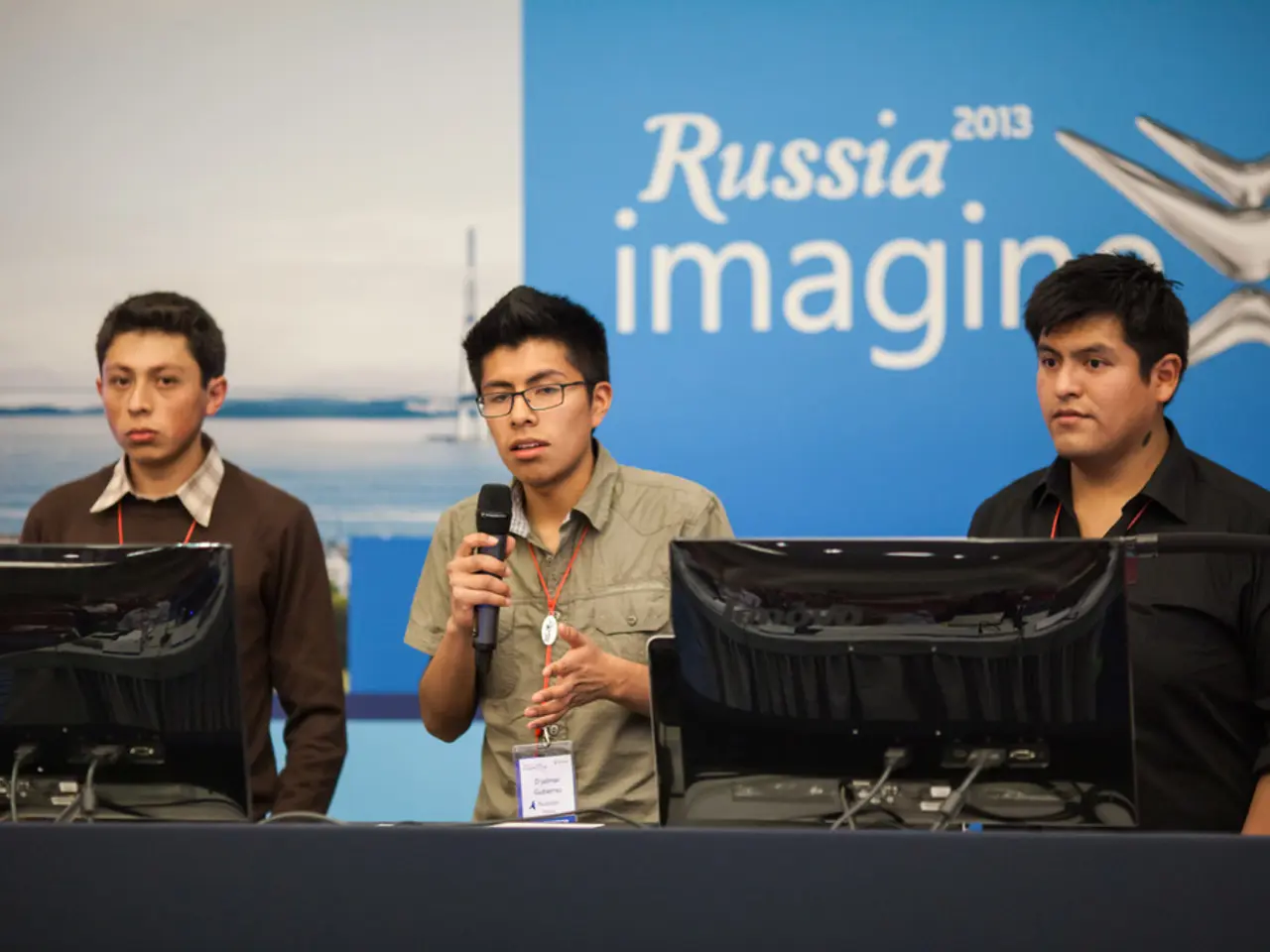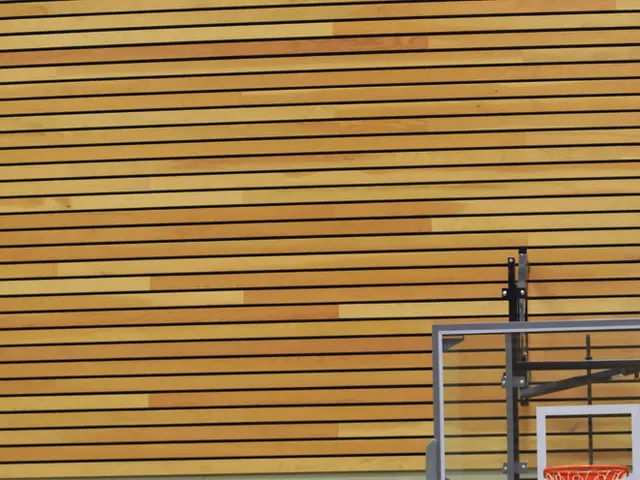Denying Visas for Regime Opponents from Russia and Belarus will Continue
Since May 2022, over 2,490 Russian citizens and since March 2021, an additional 410 Belarusian citizens have found refuge in various countries, according to paragraph 22 of the Residence Act. However, the future implications of recent policies in several Western countries, including Germany and the U.S., could pose significant challenges for regime opponents from Russia and Belarus.
In a bid to strengthen national security, these countries have significantly restricted or stopped special federal admission or humanitarian visa programs specifically intended for regime opponents. For instance, Germany halted its humanitarian visas under § 22.2, which previously allowed immediate work and integration rights for such applicants, except for "special individual cases," effectively closing off options for Russians opposing the regime who cannot apply for political asylum normally. Similarly, in the U.S., visa restrictions have tightened, with increased social media screening and broad definitions of national security threats used to deny visas, affecting students and other categories, including political opponents.
These policies could lead to continuing uncertainty and hardship for regime opponents. With special admissions curtailed, these individuals face a more complex asylum process, longer waiting periods, and limited access to employment and services during application proceedings. This could reduce the capacity for effective integration and support of these dissidents in exile.
Meanwhile, repression within Belarus remains severe, with large numbers of people affected by regime crackdowns. Humanitarian funds and international support are primarily focused on rehabilitation and relocation, rather than increasing admission pathways.
The current situation raises concerns about the vulnerability of regime opponents, particularly as they seek safe haven in host countries. The stopping of federal admission programs potentially exacerbates their vulnerability and limits international humanitarian response mainly to aid rather than resettlement or legal protection opportunities.
In other news, Ukrainian President Volodymyr Zelenskyy has warned of new Russian offensives on three fronts, including Saporizhzhia, Pokrovsk, and Novopavlivka. The Ukrainian army is engaged in heavy fighting with Russian units near the cities of Pokrovsk and Dobropillia, with reinforcements sent to repel advances. Ukrainian special forces have also destroyed a radar station on the Crimea, known as TRLK-10 Skala-M, which was used for airspace monitoring and had a range of around 350 kilometers.
Elsewhere, Kim Jong Un, North Korea's ruler, has assured that North Korea will "continue to fully support all measures taken by the Russian leadership in the future." Kremlin chief Vladimir Putin and North Korea's ruler Kim Jong Un agreed to strengthen their cooperation in a telephone call. The much-anticipated meeting between US President Donald Trump and Kremlin chief Vladimir Putin in the US state of Alaska will take place in the city of Anchorage.
In a move to support Ukraine, British Prime Minister Keir Starmer has demanded security guarantees for Ukraine before the planned summit between US President Donald Trump and Russian President Vladimir Putin.
Lastly, Lithuania plans to launch a new training program for the construction and operation of drones for the general public and schoolchildren in the fall. The Ukrainian armed forces are also converting agricultural aircraft into weapons for testing purposes.
These developments underscore the ongoing complexities and challenges in international relations, particularly in the context of ongoing conflicts and geopolitical tensions. As the situation continues to evolve, it is crucial for all parties involved to prioritise diplomacy, dialogue, and the protection of human rights.
Read also:
- Massive 8.8 earthquake hits off the coast of Russia's Kamchatka Peninsula, prompting Japan to issue a tsunami alert.
- Court petitions to reverse established decision on same-sex marriage legalization
- Proposed Standardization of Food Labeling Laws Among Member States by the Commission
- Current News: AfD Achieves 26% - Union Dips to Laschet's Level








